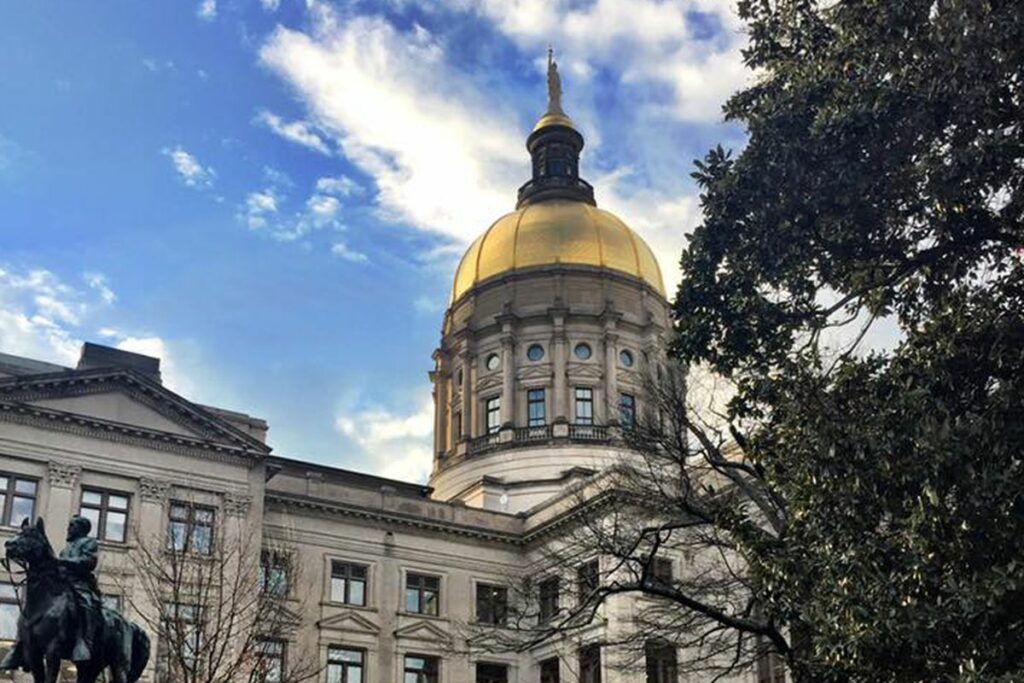
ATLANTA – The Georgia House of Representatives overwhelmingly adopted a $37.5 billon fiscal 2024 midyear budget Wednesday with a surplus-fueled $5 billion in new spending.
The midyear spending plan passed 161-2 and now moves to the state Senate.
Of the $5 billion spending increase, $2 billion would come directly from the unprecedented $16 billion in reserves the state has built up during the last several years.
“There’s much to be proud of in this budget,” House Appropriations Committee Chairman Matt Hatchett, R-Dublin, told his House colleagues before Wednesday’s vote. “Much good can be done with it.”
Among the big-ticket spending items is $1.5 billion for transportation improvements, including $659 million for projects in the existing pipeline, $509 million for projects aimed at more efficient movement of freight, $200 million for improvements to local roads, $100 million for resurfacing projects, and $53 million in airport aid.
For the first time in memory, the proposed spending spree would let the state pay for major capital projects with cash instead of bond financing. The midyear budget allocates $450 million for a new state prison in Washington County, $178 million for a new dental school at Georgia Southern University’s Armstrong campus in Savannah, and $50 million for a new medical school at the University of Georgia in Athens.
State employees and teachers will get one-time pay supplements of $1,000, an initiative Gov. Brian Kemp announced in December to help reduce turnover in public schools and state agencies.
All of those spending increases were in the mid-year budget recommendations Kemp presented to the General Assembly last month.
But the House made some additions on its own. Hatchett said the midyear budget seeks to restore some of the spending items the governor ordered state agencies to disregard last spring when he signed the fiscal 2024 budget.
“We are the appropriators,” Hatchett declared. “We absolutely have the authority to set policy in this state.”
The House version of the midyear budget would raise per-diem reimbursement to counties housing state prison inmates from $22 per day to $24.
House budget writers also added $60 million for infrastructure improvements at the state’s psychiatric hospitals and put $10.4 million toward a new child and adolescent crisis center to be built in Savannah.